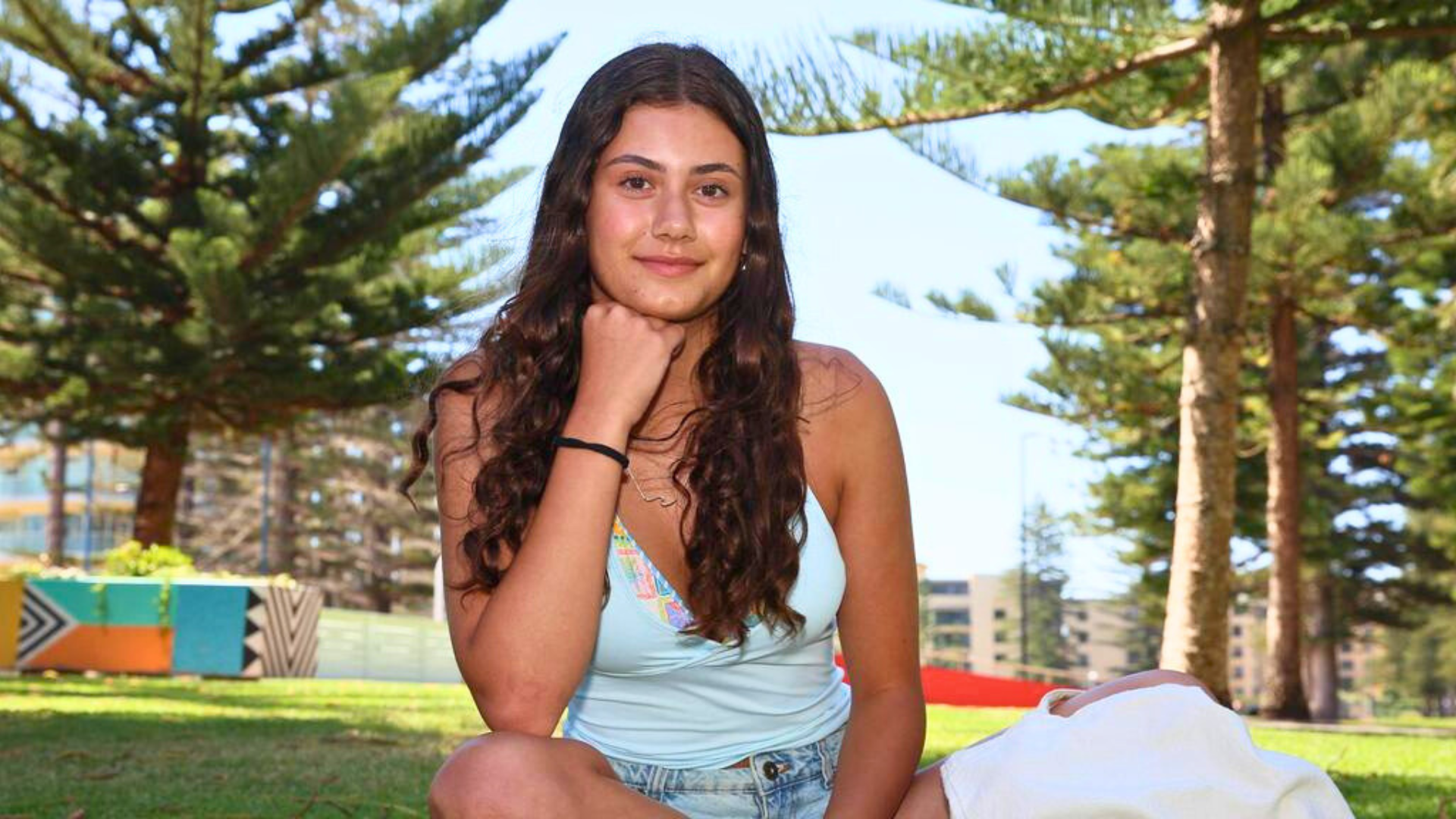A rising trend of sun tanning among teenagers is raising alarms about long-term skin cancer risks, with experts warning that sun exposure in the first 15 years of life plays a crucial role in determining future skin cancer risk.
Social media platforms like TikTok have fuelled the trend, with young people, particularly girls, posting videos of themselves sunbathing without sunscreen, often on days with high UV ratings.
Teenager Mya Nicolitsi, 14, told The Advertiser she tans regularly, typically two to three times a week in summer.
“Everyone wants tan skin,” she explained, adding that while she checks the UV index and uses sunscreen, she’s aware of the potential risks. “I do worry about it even though it seems like I don’t.”
In contrast, Adelaide twins Jacqui and Victoria Hondrou, who have fair skin, have turned to self-tanning products instead of sunbathing. The pair, who launched their own self-tanning brand, are encouraging young women to seek safer alternatives to sun tanning.
“We’ve been seeing a lot of Tik Toks of young girls sort of (wanting) the tan lines, and loving that the UV is over a certain number, so they can get the tan lines from the sun so we come up with creative ways of how to have an alternative to get them, but not using the dangerous sun,” Victoria told The Advertiser.
“There is definitely a better way of doing it, and you can achieve that using self tan, and it takes quicker than you can get it from the sun.”
This comes as data from the Cancer Council shows that one in five Australians aged 15-24 tried to get a suntan in the past year. This age group is also less likely to use proper sun protection compared to older Australians, and young women are more likely to seek a tan than men.
Cancer Council SA’s Diem Tran cautioned that the desire for a suntan is “something to certainly avoid,” as any change in skin colour signals damage, including DNA damage.
“Melanoma is the most common cancer in young people aged 15 to 39,” she said, urging young people to take the risks seriously. She also recommended South Australians “slip, slop, seek and slide” when the UV index is three or above.
Source: The Advertiser
